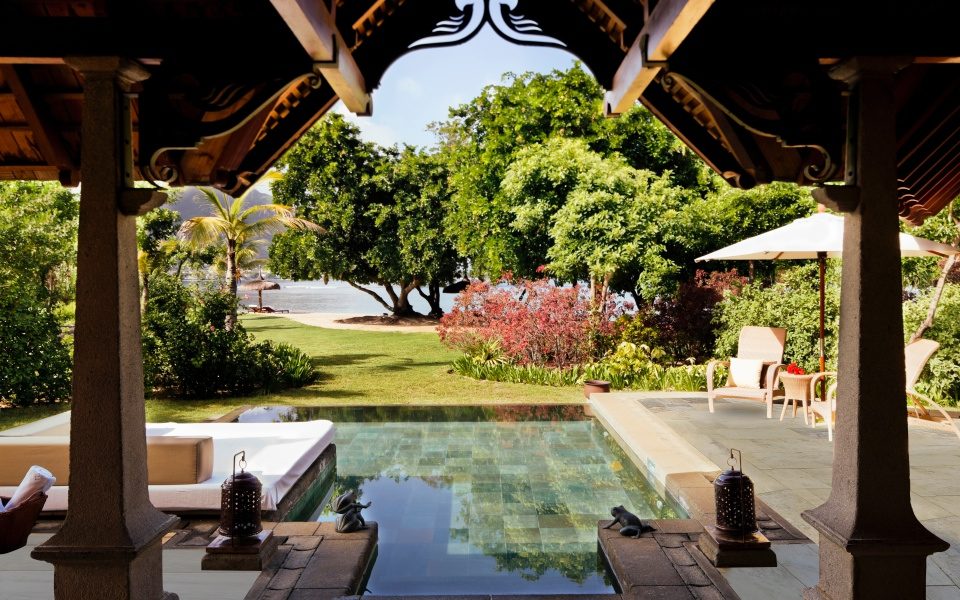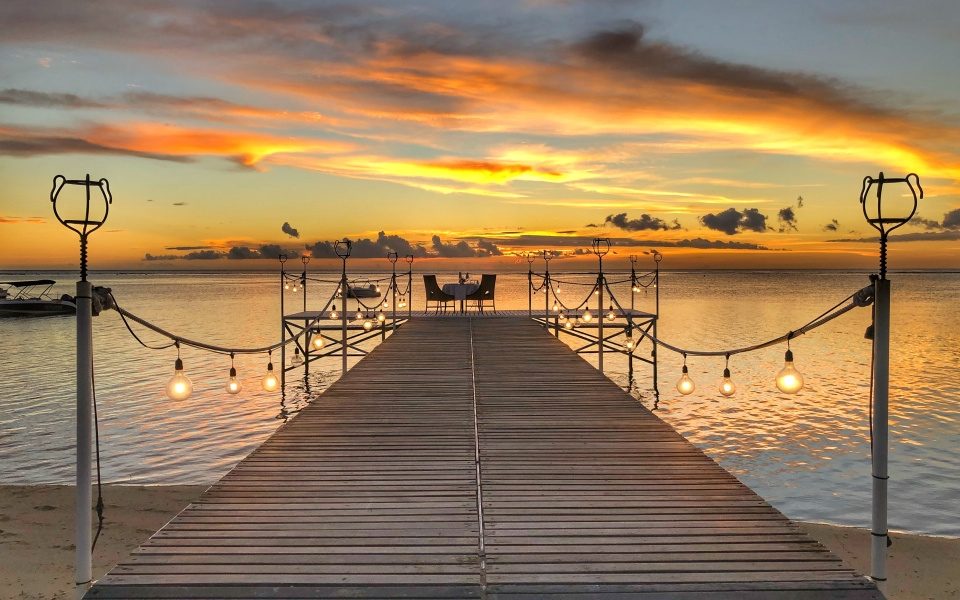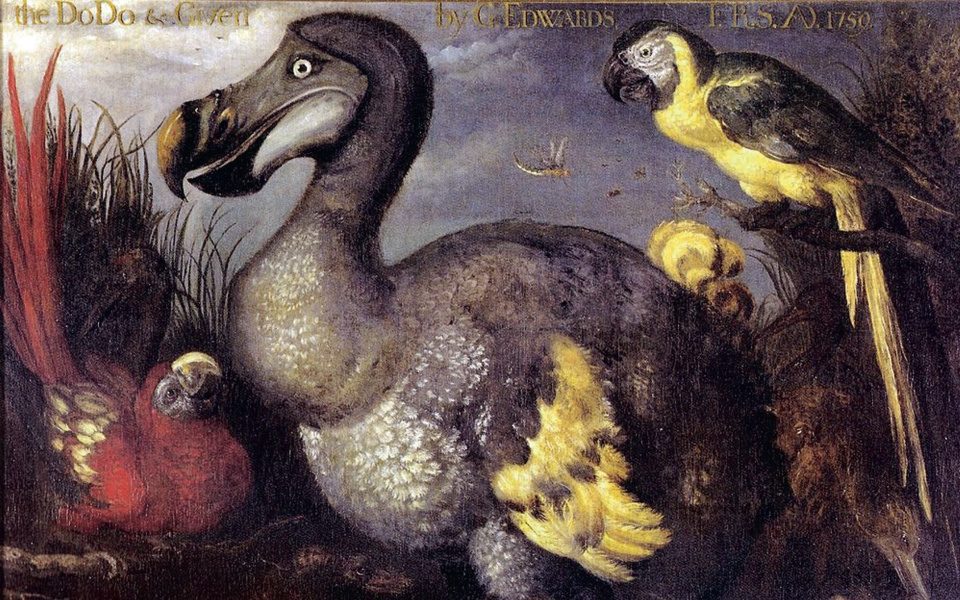This tropical island offers the cliched white sands and blue seas, but theres more to discover at this most unusual of holiday destinations
Pop quiz: What is the only tropical island to host its own classic car rally?
This November, Mauritius will be the unlikely home to some of the rarest and most expensive classic cars in the world. The inaugural event will see huge sections of the island closed to traffic to accommodate the tens of millions of pounds worth of vintage motors that will be rumbling around the Surrey-sized island.
Its the brainchild of Sanjiv Ramdanee, the chief executive of the islands Maradiva Villas Resort & Spa. The brother of the islands First Lady, Ramdanee has ambitious plans for the island. Hes already transformed the all-villa complex founded by his father into the most luxurious resort on the island, with accommodation to rival anything in the world. Each villa comes with all the accoutrements you would expect – plunge pool, indoor/outdoor shower, shaded private terrace – while those famous white sand beaches on the islands west coast are a nonchalant 30-second stroll away.
The suite of on-site restaurants – the Japanese Teppan, the international Coast2Coast and, my personal favourite, the Indian Cilantro – are all excellent. But the better option is to cook your own dinner. A new on-site vegetable and herb garden means many of the ingredients you find in the restaurants are grown on site, and taking a guided tour of it is like an Aladdins cave for foodies. Along its manicured furrows grow star fruit; lemongrass; vast green and white pumpkins covered by snaking tendrils; chillies of varying colours and degrees of heat; okra; wild garlic; cucumbers; aubergines; and, under the cover of nets (to protect the crop from the absurdly large fruit bats), mangoes, lychees and guava.

With a makeshift kitchen set up in the garden, youre invited to pick your own ingredients and, under the tutelage of chef Tarun Bhuttorah, cook traditional Mauritian dishes. I rustled up a simple chicken curry, made exceptional by these straight-from-the-ground ingredients. Its like a little slice of Simon Rogans LEnclume hidden away on a tropical island.
If a postprandial digestif is in order, simply ask one of Maradivas drivers to take you to one of the islands Rhumeries, where you can get slowly sozzled as you gaze over balconies at impossibly complex, steam-punk machinery that somehow turns the islands sugarcane crop into delicious rum; the Rhumerie de Chamarel comes highly recommended.
Pop quiz: On which island did the famously extinct dodo live?
One of several of Mauritius endemic animals wiped out by humans was the dodo (others include its native giant tortoise, although you can find their cousins roaming the Vallée des Couleurs, alongside zip-lines and zoo animals). For once, this wasnt the fault of the British, but the Dutch, who were the first colonial power to occupy the island. They got so club-happy with these dozy birds that theyd soon smooshed them out of existence.
Mauritius remote location and varied landscape does, however, mean it maintains a thriving ecosystem. Sitting down for breakfast, tame birds will hop across your table, and upon returning from an excursion I found a mongoose tearing through my packet of biscuits. The best way to experience the wildlife, though, is to get amongst it.

The most famous – and essential – planned trek is Le Morne, the mountain that towers over the south east coast of the island. Here you can bird watch and bring out your inner botanist by finding the peppercorns and tamarind that grow across the mountain (a guide will help with this; you can organise one through Maradiva). This is an important site in Mauritian history, the enclave where a group of escaped sugar cane slaves laid low from the law. After the abolition of slavery, a British ship is said to have sailed in to break the news to the newly free men, only for them to assume they were being recaptured and leap to their deaths. The climb is tough, with sections that require scrabbling at a 45 degree angle; the views from the top are worth it.
Pop quiz: The English have only ever lost one naval battle to the French – where was it?
The picturesque port town of Mahebourg is like a bingo-card of cliched terms beloved of travel writers. Sitting on the terrace of restaurant Les Copains dAbord, I had a view across the harbour, which is dotted with islands and flanked from behind by imposing mountains. Back in 1810, this would have been a great viewing spot for the stand-off between the ruling French navy and the British aggressors, who sought to blockade the port. In a rare strategic blunder, the British found themselves outnumbered and outgunned, with one ship being sunk and a further two grounded and set ablaze. Three months later the Brits returned and the French surrendered the island.
After a traditional plate of octopus cooked in oily saffron and a glass of home-spiced rum, I hailed a local fisherman to take me out, motoring between the islands where once cannonballs had arced through the sky. Some of the limestone islands are big enough to embark upon (they have evocative names like dog island, monkey island and rat island), while others are barely big enough to support their foliage, which appears to jut directly from the ocean. On the way home you can spot local fishermen lining the roads with buckets full of their daily catch.

Pop quiz: The two oldest operational race courses are in England. Wheres the third?
Mauritius Champ de Mars Racecourse held its first race-day in 1812, two years after the English conquered the island. The new colonial rulers were convinced the races would help to ease relations with the locals – including many French settlers – after years of bloodshed. They were right: Mauritians fell immediately and madly in love with the sport.
The site appears to have changed little in the past 200 years, and as I walked into the coRead More – Source





